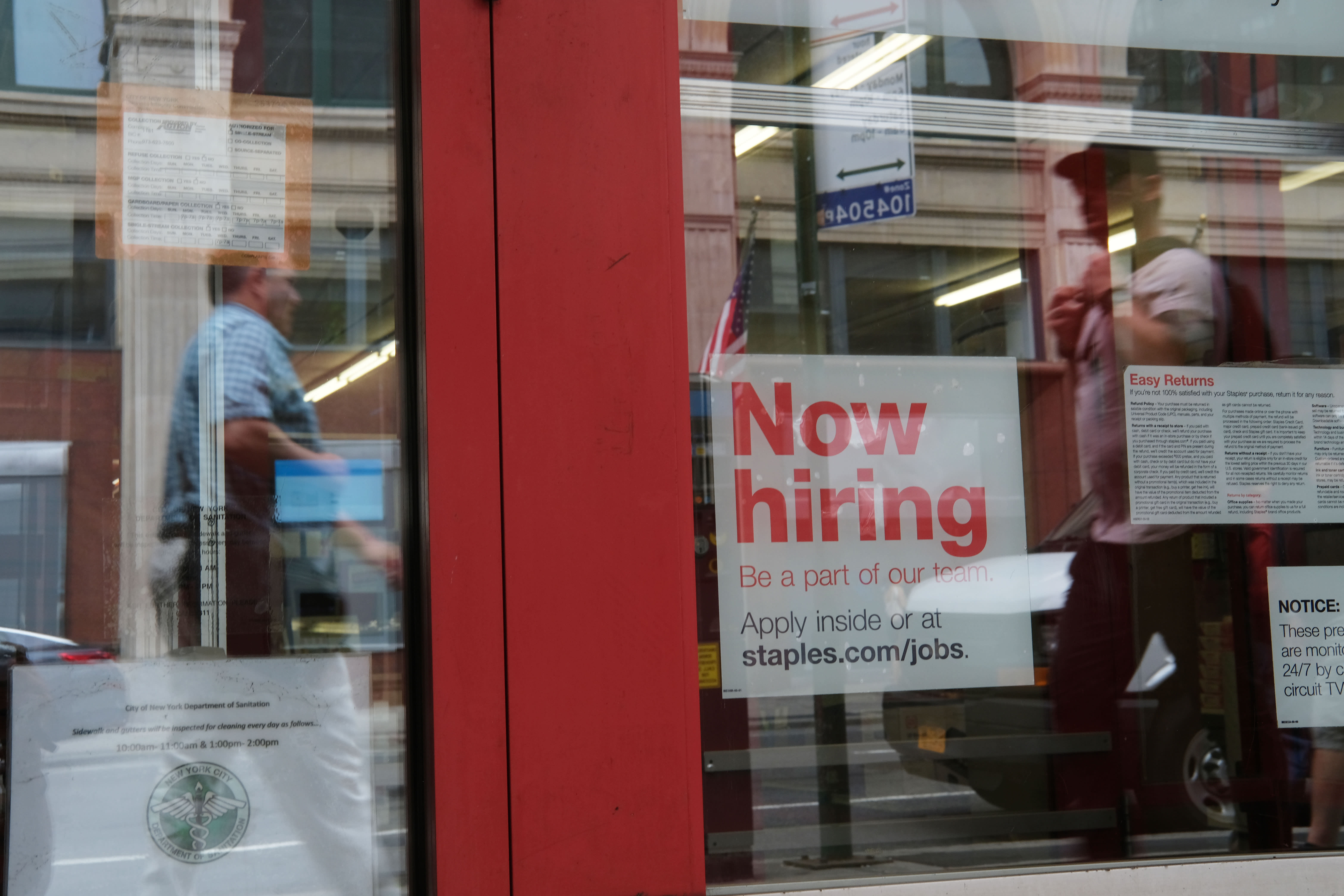The labor shortage in the U.S. is lifting wages for workers and causing a “democratization” of the workforce and changing the face of “class warfare,” according to Cole Smead, president of investment advisory firm Smead Capital Management.
While the U.S. labor force participation rate remains well below pre-pandemic levels, with April’s nonfarm payrolls growing by just 266,000 against forecasts of 1 million, workers’ wages have risen at their sharpest pace in years, and new unemployment filings continue to fall.
McDonald’s, Chipotle, Bank of America and Under Armour are among the companies to have vowed increases to minimum and average wages within the past few weeks, as companies are forced to up their wage offerings in order to attract prospective employees.
The labor shortage after the pandemic, attributed in part to a lack of qualified workers, Covid-related reluctance to return to work and the continuation of enhanced unemployment benefits due to government stimulus, has shifted the sands after decades of growing wealth disparity.
“In effect, we’re short labor and that’s why the price of labor is climbing … We haven’t seen this in so long and that is why people are befuddled, and it is going straight to the mouths of people on the lower end of the income bracket, it is not helping the CEOs,” Smead told CNBC’s “Squawk Box Europe” on Wednesday.
Tilman Fertitta, CEO of hospitality and gambling empire Landry’s, told CNBC’s “Power Lunch” on Tuesday that while his businesses were busier than ever, the government’s weekly stimulus checks are “killing” companies when it comes to finding workers.
“Everybody’s getting the extra $300, people aren’t working so they are going out and they are having dinner and they are going to the casinos, but at the moment I can’t find employees, they are spending all the money with me,” Fertitta said.
“We are truly struggling and that is what is causing a lot of your inflation right now, you don’t have the workers. You have to slaughter 660,000 cows a week to keep up, and if you only slaughter 620 or 630, that is why beef is up. Everything is up, every product there is.”
‘Class warfare’
According to the Economic Policy Institute, CEOs made 320 times as much as the average worker in 2019, having grown their annual compensation by 1,167% since 1978, far outstripping S&P stock market growth (741%). Over the same period, compensation for the average worker grew just 13.7%.
Smead noted that CEO pay is ultimately helped by stock prices going higher, but he argued that with equity markets still near all-time highs and much of the good news of the recovery priced in, the S&P 500 index will struggle to continue pushing to “higher highs” over the next 10 years.
“That will not pay the CEOs well versus this pricing pressure that we’re seeing in labor. It’s fantastic. It’s going to be the democratization, or class warfare will look a little different in the next five or 10 years than we’ve been talking about in the last two or three.”

